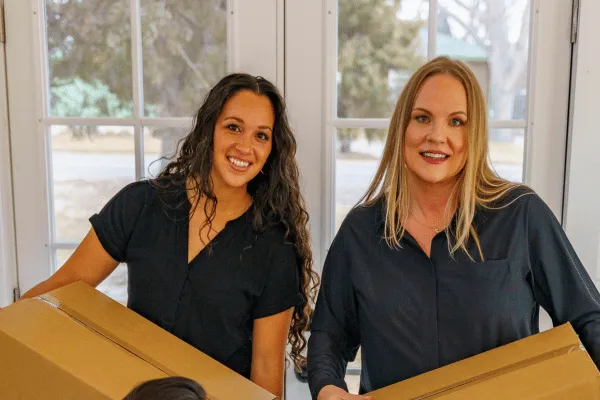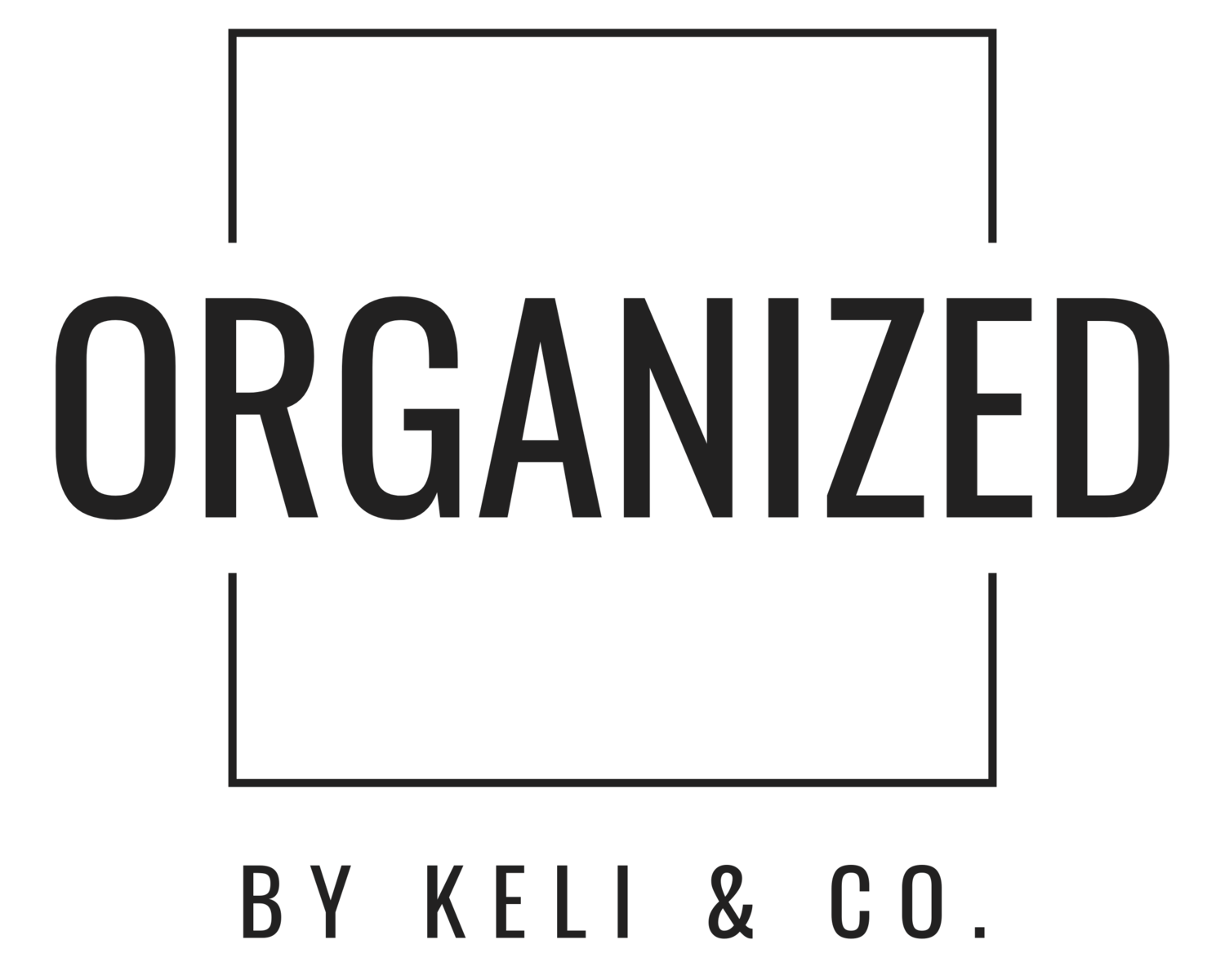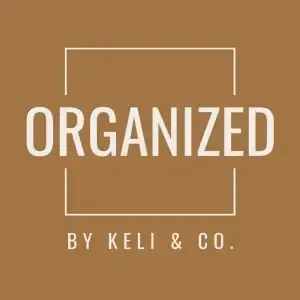Move In and Move out with Life
Matter Most
Our professional organizers can manage and transition so you can focus on what matter most
Save Energy
Save Time
Save your Sanity
Move In and Move out with Life
Matter Most
Our professional organizers can manage and transition so you can focus on what matter most
Save Energy
Save Time
Save your Sanity
Move In and Move out with Life
Matter Most
Our professional organizers can manage and transition so you can focus on what matter most
Save Energy
Save Time
Save your Sanity
Move In and Move out with Life
Matter Most
Our professional organizers can manage and transition so you can focus on what matter most
Save Energy
Save Time
Save your Sanity
KELI & CO
WELCOME TO THE BLOG

Just Pretend We Go Way Back...
I met Nisa in the driveway of a client’s home when I was still a new organizer in 2020.
Another organizer I trusted had worked with her and spoke highly of her — so I brought her in to help on a project. We hadn’t worked together before, so I looked at her and said, “Just pretend we go way back.”
It was something I said to break the ice — a quick way to create connection and make a stranger feel like a teammate.
But as it turns out…we do go way back.
Just not exactly at the same time.
Later, we discovered we both went to Horace Mann Junior High and William J. Palmer High School in Colorado Springs. We’re 15–20 years apart in age, so we never crossed paths — but somehow we were both zoned to those schools, despite living nowhere near them.
Same schools. Same strange bus routes. Different decades.
Then we realized we both went to UNC in Greeley.
Same college. Different seasons.
And then I learned her grandmother is from San Luis, Colorado — a town filled with history, resilience, and deep cultural roots. Nisa told me her grandma still picks piñon, and something about that stuck with me.
Because my dad and I? We love piñon. We’ve been traveling to Taos, often through San Luis, for years to get piñon. It’s our thing.
My dad is from Clayton, New Mexico, and our family lineage traces back to Madison Emery, one of the earliest Anglo settlers in Folsom, NM.
Recently, the Folsom Museum posted about the Barela family —Nisa’s maiden name.
And suddenly I couldn’t stop wondering: What if our ancestors — her family from San Luis, mine from Folsom— actually did walk the same land at the same time?
What if our stories go back farther than we know — woven into the soil, the mountains, the rituals like piñon and raising families in the high desert?
We may not have shared a classroom or grown up on the same block,
but today, we work side by side — building a company that helps others find steadiness in times of change.
At OBK, we support people in the middle of life transitions — moves, new chapters, unexpected disruptions — and we do it with the same kind of grounded trust and connection that brought Nisa and me together.
So when I think back to that first day —when I said, “Just pretend we go way back…”
I smile.
Because now I know: We kind of do.
Warmly,
Keli

Just Pretend We Go Way Back...
I met Nisa in the driveway of a client’s home when I was still a new organizer in 2020.
Another organizer I trusted had worked with her and spoke highly of her — so I brought her in to help on a project. We hadn’t worked together before, so I looked at her and said, “Just pretend we go way back.”
It was something I said to break the ice — a quick way to create connection and make a stranger feel like a teammate.
But as it turns out…we do go way back.
Just not exactly at the same time.
Later, we discovered we both went to Horace Mann Junior High and William J. Palmer High School in Colorado Springs. We’re 15–20 years apart in age, so we never crossed paths — but somehow we were both zoned to those schools, despite living nowhere near them.
Same schools. Same strange bus routes. Different decades.
Then we realized we both went to UNC in Greeley.
Same college. Different seasons.
And then I learned her grandmother is from San Luis, Colorado — a town filled with history, resilience, and deep cultural roots. Nisa told me her grandma still picks piñon, and something about that stuck with me.
Because my dad and I? We love piñon. We’ve been traveling to Taos, often through San Luis, for years to get piñon. It’s our thing.
My dad is from Clayton, New Mexico, and our family lineage traces back to Madison Emery, one of the earliest Anglo settlers in Folsom, NM.
Recently, the Folsom Museum posted about the Barela family —Nisa’s maiden name.
And suddenly I couldn’t stop wondering: What if our ancestors — her family from San Luis, mine from Folsom— actually did walk the same land at the same time?
What if our stories go back farther than we know — woven into the soil, the mountains, the rituals like piñon and raising families in the high desert?
We may not have shared a classroom or grown up on the same block,
but today, we work side by side — building a company that helps others find steadiness in times of change.
At OBK, we support people in the middle of life transitions — moves, new chapters, unexpected disruptions — and we do it with the same kind of grounded trust and connection that brought Nisa and me together.
So when I think back to that first day —when I said, “Just pretend we go way back…”
I smile.
Because now I know: We kind of do.
Warmly,
Keli



